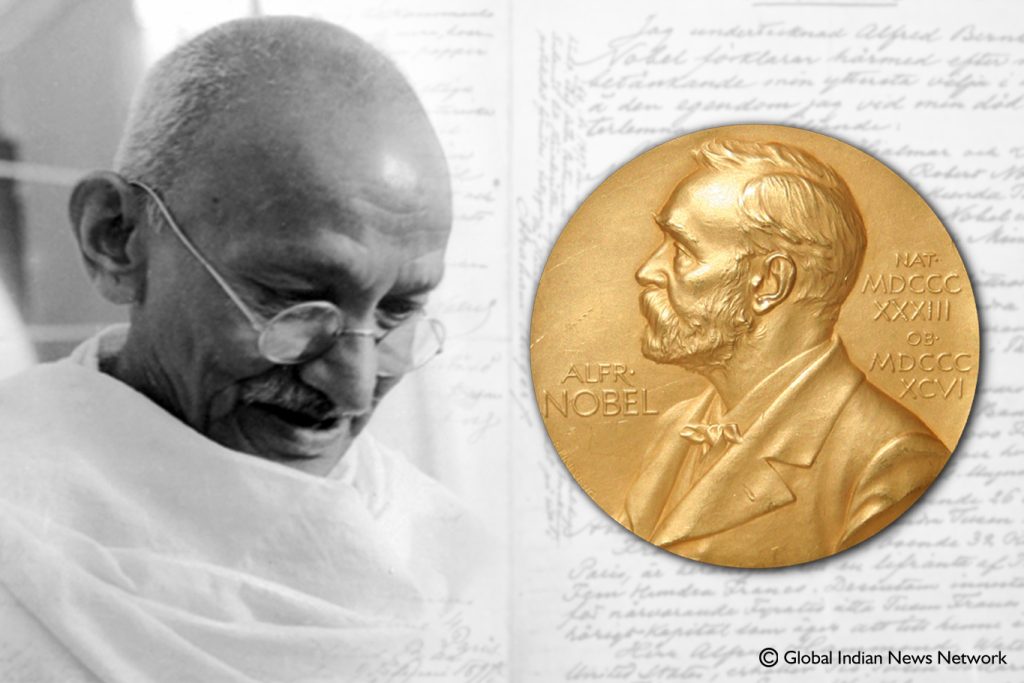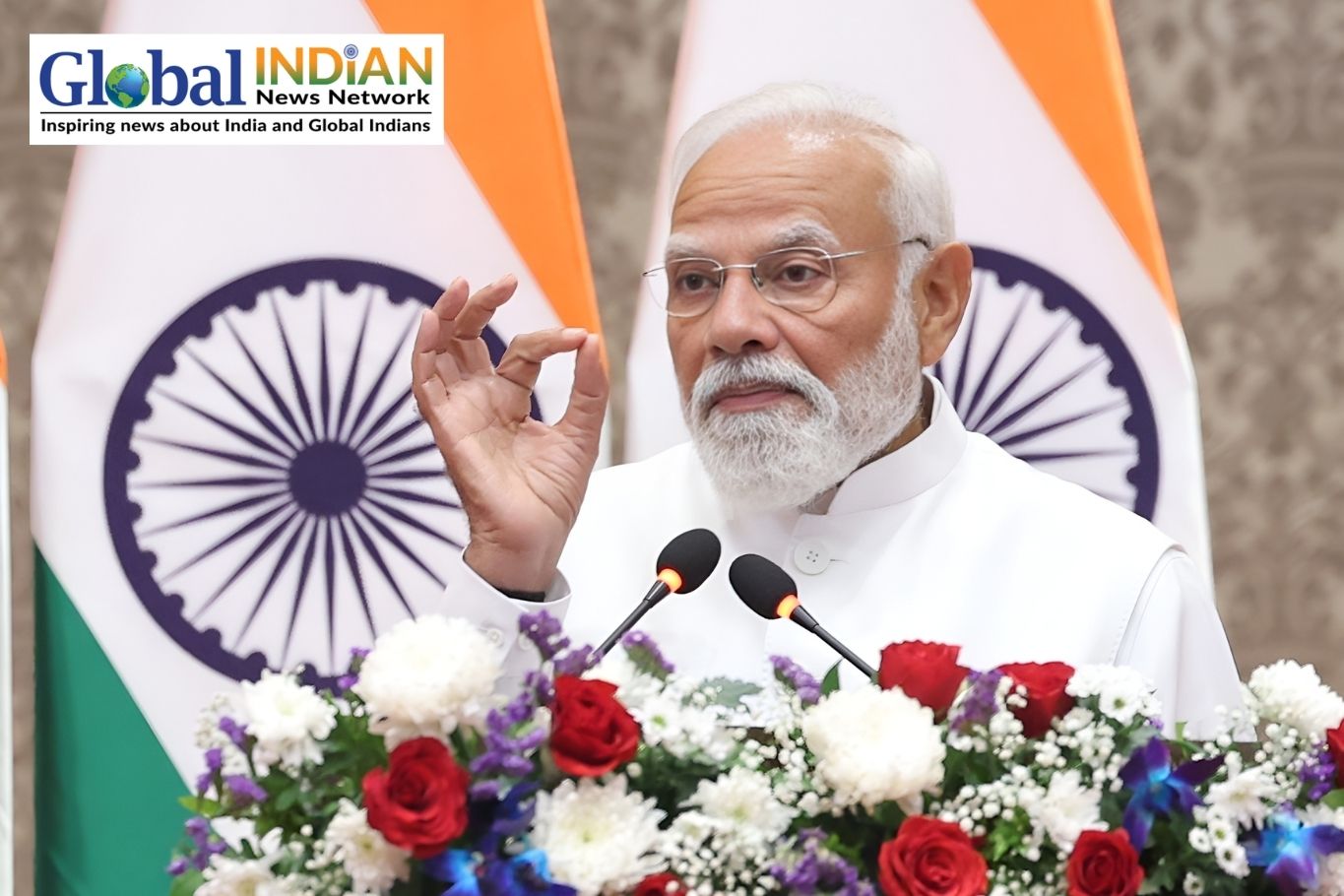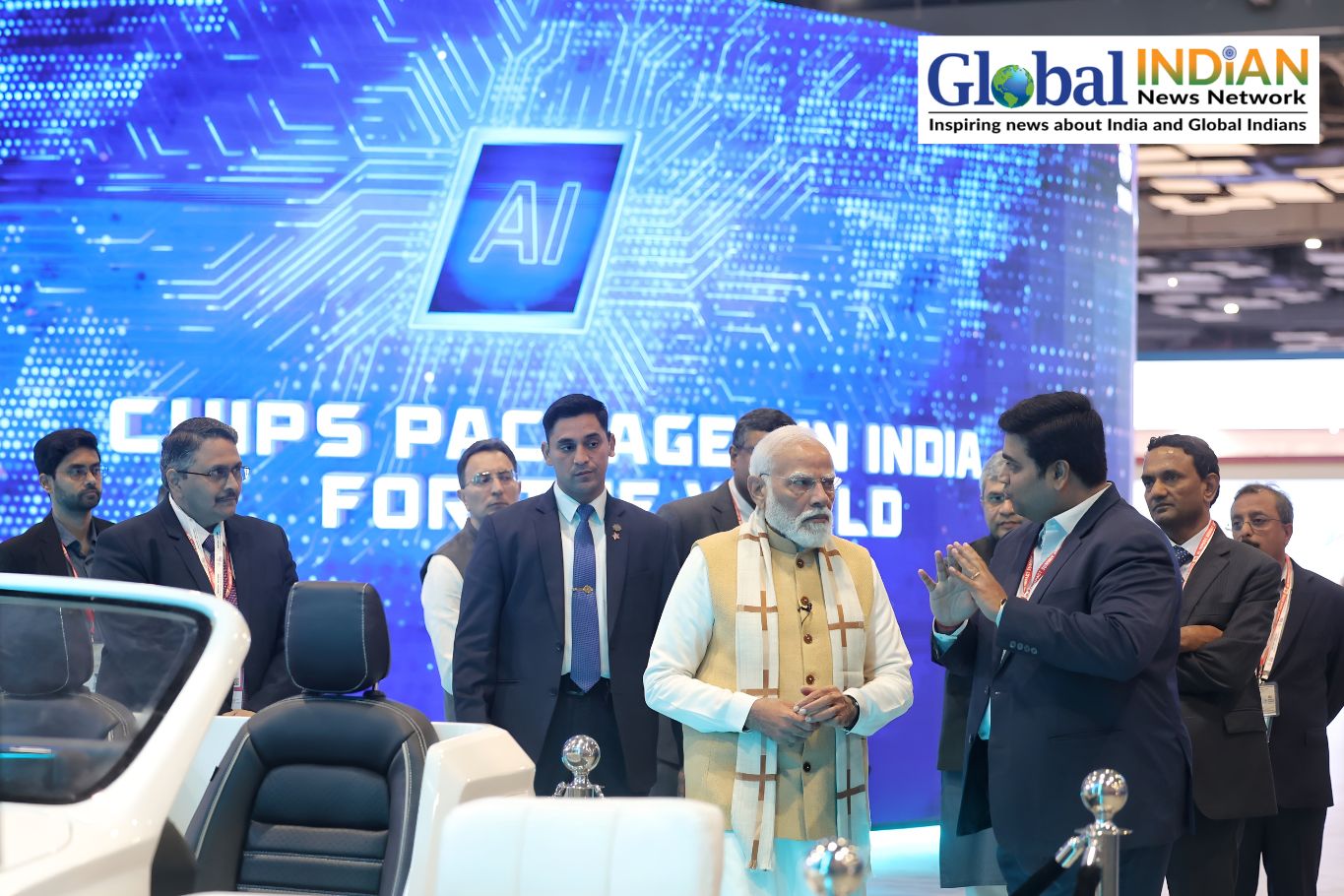
Fifty years after the assassination of Mahatma Gandhi in 1948, the Nobel Prize panel published an article to explain why Gandhi, often referred to as the Father of the Nation, never received the Nobel Peace Prize. In hindsight, it may appear as a remarkable omission, but the Norwegian Nobel Committee had come close to granting Gandhi this prestigious honor. Gandhi’s principles of non-violence and peace were widely recognized, not just in India but worldwide. Thus, in retrospect, it seems surprising that the man synonymous with peace never attained this coveted accolade.
In an article titled ‘Mahatma Gandhi, the Missing Laureate,’ the Nobel Prize panel elucidated the factors behind their contentious decision. The article acknowledged that, in hindsight, many believed that the Indian national leader should have been an obvious choice for the Nobel Peace Prize.
Gandhi was nominated for the Nobel Prize 12 times, including nominations in 1937, 1938, 1939, 1947, and even in 1948, just days before his tragic assassination. As the article examined the perplexing decision-making process, it questioned whether the committee’s perspective was too narrow and whether they failed to fully comprehend and appreciate the struggle for freedom among non-European people. Additionally, there was speculation about whether the committee feared damaging relations with Great Britain.
When Gandhi received his first nomination in 1937, pro-Gandhi ‘Friends of India’ groups sent him enthusiastic letters, but the committee’s adviser took a more critical stance. He described Gandhi as a “freedom fighter and a dictator, an idealist and a nationalist, sometimes a Christ, but suddenly, an ordinary politician.” He also referenced Gandhi’s critics who questioned his consistency in pacifism and cited incidents like the Chauri Chaura episode where non-violent campaigns turned violent.
Non-Indian critics regarded Gandhi as “too much of an Indian nationalist,” raising questions about whether his ideas were intended to be universal or primarily Indian in nature.
Though nominated again in 1938 and 1939, Gandhi never made it to the committee’s shortlist for a decade.
In 1947, Gandhi was once more nominated and managed to make it onto the shortlist alongside five other candidates. Historian Jens Arup Seip’s report examined Gandhi’s role in India during the preceding decade, which included major conflicts such as the struggle for independence, India’s involvement in World War II, and the tensions between Hindus and Muslims. Gandhi adhered to his principles of non-violence throughout these turbulent times.
Seip’s report held neither explicit favor nor overt criticism. It cited a Times of India article that somewhat prematurely attributed the relatively limited bloodshed during the India-Pakistan partition to Gandhi’s teachings.
Two committee members supported Gandhi, but they couldn’t sway the opinions of the other three members. It was also revealed that Gandhi, during a prayer meeting, had abandoned his consistent rejection of war, suggesting that if Pakistan didn’t rectify its errors, India might resort to war.
The report remained inconclusive, but Gandhi confirmed its accuracy. He expressed that he had no place in a new order that required military forces.
Two committee members believed Gandhi was not just an apostle for peace but primarily a patriot. Ultimately, three of the five committee members opposed awarding Gandhi the Nobel Peace Prize.
Following Gandhi’s assassination, he received a posthumous nomination, but the committee faced a dilemma about where to allocate the prize money since Gandhi belonged to no organization, left no assets, and had no will. The committee, considering practical consequences, decided against posthumous awards unless the laureate passed away after the decision was made. Consequently, no Peace Prize was awarded that year, as there was “no suitable living candidate.”
In hindsight, the Nobel Committee’s perspective on Gandhi may seem limited. The 1999 article recognized that Gandhi didn’t fit the mold of earlier Laureates; he wasn’t a conventional politician, an advocate for international law, a humanitarian relief worker, or an organizer of international peace congresses. Gandhi would have represented a new category of Laureates. The article also dismissed earlier concerns that the committee feared upsetting the British.
It acknowledged that the inner workings of the committee’s discussions remain mostly unknown, but it suggested that they seriously considered a posthumous award in 1948. Ultimately, the 1948 award money was left unallocated, and what many believed should have been Mahatma Gandhi’s place among the Laureates was respectfully left vacant.









